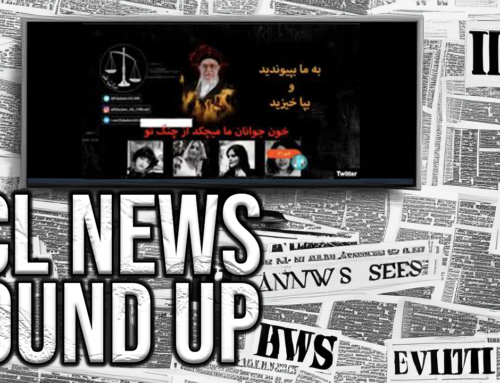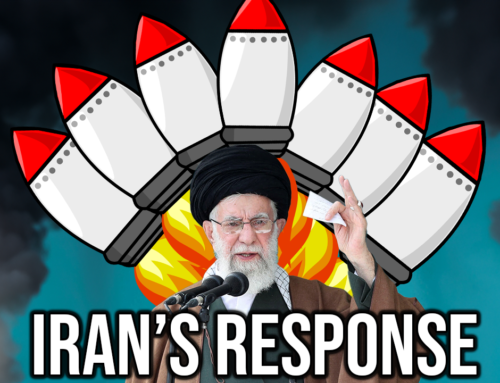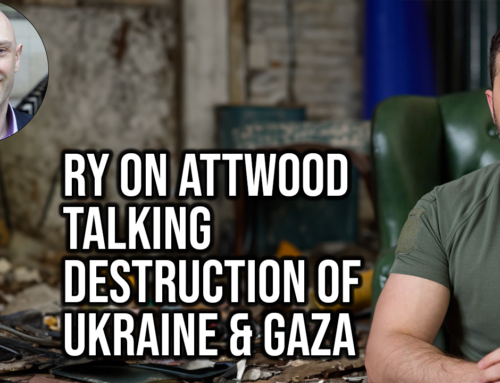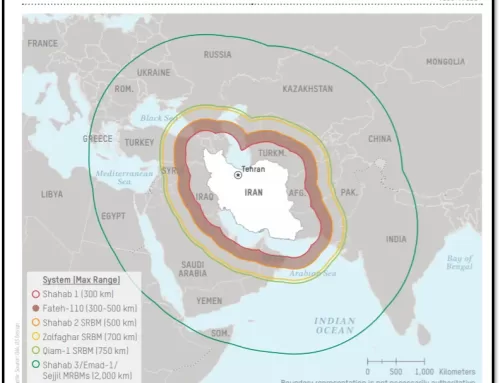Was there ever a person who was so hidden from public view in 1963, yet ended up being such a key character in the JFK case than James Angleton? Offhand, the only other character in the saga I can think of to rival him is David Phillips. Which puts Angleton in some rather select company. But what makes the Angelton instance even odder is that, unlike with Phillips, there have been at least three other books based upon Angleton’s career. To my knowledge there has been no biography of Phillips yet published.
The veil around Jim Angleton began to be dropped in December of 1974. At this time, CIA Director William Colby had decided that Angleton had to go. Since Angleton had been handed carte blanche powers first by CIA Director Allen Dulles, and then by Richard Helms, he was not willing to leave quietly. So Colby had to force him out. He first gave a speech about certain CIA abuses before the Council on Foreign Relations. He then directly leaked details about Angleton’s role in Operation MH Chaos to New York Times reporter Sy Hersh. MH Chaos was a massive program that spied on the political left in the United States for a number of years. Combined with the FBI’s COINTELPRO operations, they composed a lethal one two punch to dissident groups on issues like civil rights and anti-Vietnam war demonstrations.
Colby’s leaks to Hersh did the trick and Angleton was forced to resign at the end of 1974. That timing coincided with what some have called the “Season of Inquiry”. This refers to the series of investigations of the CIA, the FBI and the JFK assassination that took place after the exposures of the Watergate scandal. Specifically, these were the Rockefeller Commission, the Church Committee, and the House Select Committee on Assassinations (HSCA)
Morley leaves an important point out when he introduces this crucial historical episode, about which there are still documents being withheld from the public. As Daniel Schorr noted, at a closed press briefing in Washington, President Ford was asked why he had stacked the Rockefeller Commission with such conservative stalwarts—e.g., General Lyman Lemnitzer and Governor Ronald Reagan—and appointed Warren Commission lawyer David Belin as chief counsel. Ford replied that there might be some dangerous discoveries ahead. Someone asked him, “Like what?” Ford blurted out, “Like assassinations!” There was no discussion of what assassinations were referred to. However, since the NY Times article was about domestic CIA spying, and both Ford and Belin served on the Warren Commission, Schorr assumed it was about domestic assassinations. But when Schorr went to Bill Colby at CIA, the director did a beautiful bit of ballet on the issue, one that has never been properly appreciated. He told Schorr that Ford must have been talking about foreign plots. (The Assassinations, edited by James DiEugenio and Lisa Pease, p. 194)
This was a masterful stroke by Colby. It was now the CIA plots against Patrice Lumumba, Rafael Trujillo, Achmed Sukarno, and first and foremost Fidel Castro, which took center stage. Because many felt the Rockefeller Commission would be a fig leaf, it was superseded by Senator Frank Church’s and Congressman Otis Pike’s now near-legendary efforts. (For anyone interested in reading up on this fascinating subject, this reviewer recommends Schorr’s Clearing the Air. Schorr ended up being fired by CBS due to the influence of then CIA Director George H. W. Bush.)
As Morley notes, Angleton made some rather startling comments both in the witness chair and to reporters outside. Some of them follow:
“It is inconceivable that a secret intelligence arm of the government has to comply with all the overt orders of government.”
“When I look at the map today and the weakness of this country, that is what shocks me.”
“Certain individual rights have to be sacrificed for the national security.” (All quotations from p. 254)
And, as alluded to above, there was the granddaddy of all Angleton quotes. In reply to a query about the JFK case, Angleton said, “A mansion has many rooms, I was not privy to who struck John.” (p. 249) That particular quote has sent many writers scurrying to understand what on earth Angleton meant by it. Perhaps the best effort in that regard was by Lisa Pease in her two-part essay on the spy chief. Her work benefits from the use of an episode that, for whatever reason, Morley ignored. This was the legal dispute between a periodical called The Spotlight and Howard Hunt, which was chronicled in Mark Lane’s book Plausible Denial. As Pease notes, Angleton did all he could to dodge questions about this incriminating episode. It originated over an article in Spotlight about a memo to Richard Helms. Angleton’s memo stated that they had to create an alibi for Howard Hunt being in Dallas on the day of the assassination. (Lane, p. 145)
Hunt denied that any such thing happened. And he won a lawsuit against Spotlight. But on appeal, that decision was reversed. In his book, Lane shows that, in fact, the CIA had tried to help Hunt in constructing his alibi. And contrary to skeptics, it turned out that Angleton himself had actually shown the memo to journalist Joe Trento. (DiEugenio and Pease, p. 195) What is remarkable about this is that the Trento meeting happened in 1978, while the HSCA was ongoing. And Angleton had called Trento to specifically show him the document. As Lisa Pease wrote, the HSCA—through researcher Betsy Wolf—was closing in on Angleton’s association with Oswald through CI/SIG. In her opinion, this memo was meant to send a warning shot across the bow of his cohorts: If I go down, you are coming with me.
IV
To his credit, Morley spends quite a few pages on Angleton’s governance of the Israeli desk at CIA. There is little doubt that Angleton was a staunch Zionist who was not at all objective about the Arab-Israeli dispute. (Morley, p. 74) For instance, Angleton did not disseminate the information on the suspected construction of the Israeli atomic reactor at Dimona for U2 over-flights. (p. 92) Angleton leaned even further toward Israel because he suspected a growing alliance between Cairo and Moscow. Morley concluded this section with a good summary of how the Israelis betrayed America by stealing highly enriched uranium for their first bombs from a nuclear plant they purchased as a front near Pittsburgh, Pennsylvania. (See “How Israel Stole the Bomb”)
My complaint about this section is that Morley does not sketch in how Angleton’s near rabid devotion to Israel was in opposition to President Kennedy’s policy in the Middle East. There were two specific aspects he could have highlighted in this regard. First, once he became president, JFK did all he could to forge an alliance with Gamel Abdel Nasser of Egypt in order to reach out to the moderate Arab states. (Philip Muelhenbeck, Betting on the Africans, pp. 125-27) And he was doing this simply because he felt that what Secretary of State John Foster Dulles and President Eisenhower had done previously—asking Nasser to join the Baghdad Pact, and cutting off funds for the Aswan Dam—had helped usher Nasser into a relationship with Moscow. An extreme cold warrior like Angleton would not appreciate this kind of diplomatic strophe. The other point that is missing here is that, as Roger Mattson noted in his book Stealing the Atom Bomb, Kennedy was adamant about there being no atomic weapons in the Middle East. (Mattson, pp. 38-40, 256) This was an integral part of his overall policy there in which he tried to be fair and objective to both sides. It would thus appear that Angleton and Kennedy held differing views on this issue. And after Kennedy’s murder, Angleton’s views won out first under President Johnson and then further with Nixon.
*
*
Kennedy had bridled at the pro-Israel influence. In 1960, his campaign was in trouble when a group of Jewish leaders gave him $500,000 at the Pierre Hotel in New York, and then “interrogated Kennedy stringen
As president, Kennedy maintained some distance from the Israeli government. He supported the right of return of Palestinian refugees and vigorously opposed Israel’s acquisition of nuclear weapons. The CIA had obtained evidence of the Israeli nuclear project in the desert at Dimona– claimed to be a fabric factory, Brod says– and in the year before he was assassinated, Kennedy had pushed Prime Minister David Ben-Gurion and his successor, Levi Eshkol, to account for the activities.







Leave A Comment
You must be logged in to post a comment.